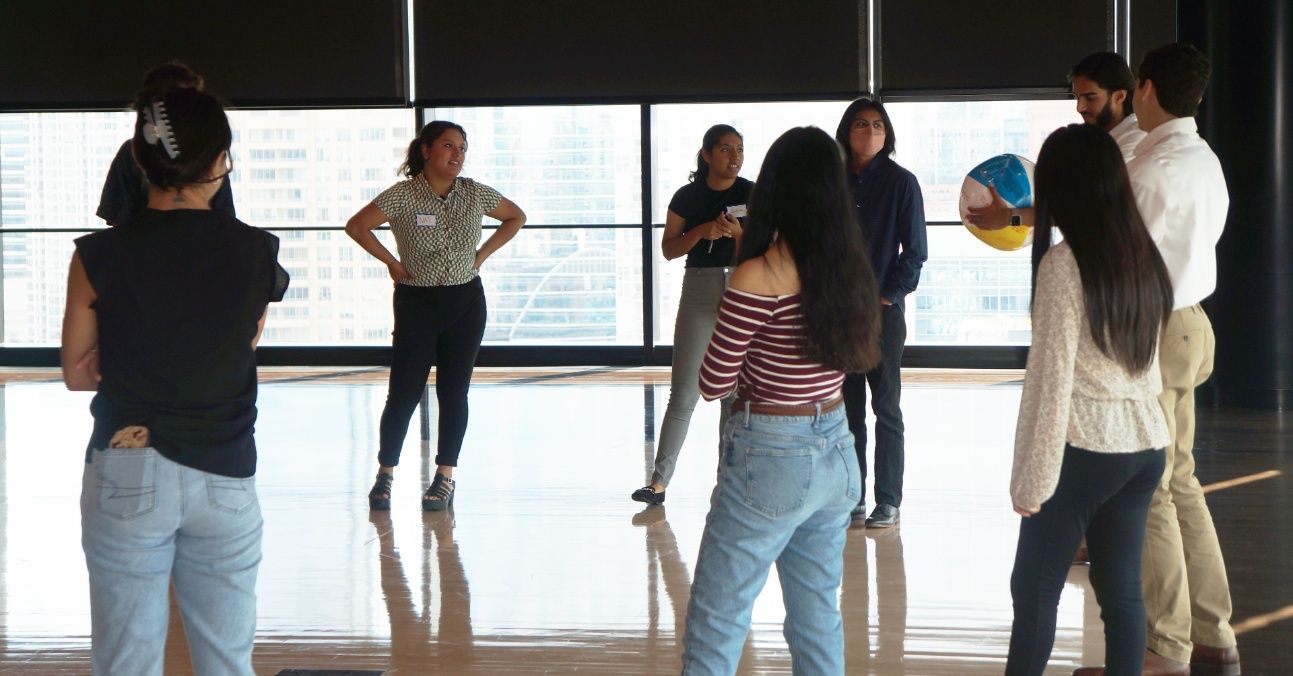The Power of Networking
“It’s not what you know; it’s who you know.”
You’ve probably heard that adage before, and it applies to any career.
That’s not to say that skills aren’t important, but often to get your foot in the door; it’s who you know. It’s okay if you don’t have an expansive network entering your freshman year. But over the next four years, do everything you can to introduce yourself to people in your career field and maintain those relationships.
Don’t go in thinking that these people are going to hire you. Instead, ask to learn from them. Ask them about their path and how they got to where they are now. Show the person you want to learn and have the requisite initiative to take their advice.
If your school has a person in charge of alumni interactions meet with that person. They will help you contact alum whose careers align with your interests.
During my undergrad years, I connected with alums who worked as the deputy managing editor of the Chicago Sun-Times. That experience gave me a face-to-face interaction with someone who could potentially hire me and a chance to ask him what he looks for in a potential hire. The managing editor hasn’t hired me, but I changed my approach in interviews based on his advice.
Outside of school, I reached out to people on my behalf. I majored in journalism, so I wrote a list of my favorite writers and reached out through email and Twitter.
Because they’re not management and more colleagues, they became friends/mentors. They routinely sent me job openings I wouldn’t have been privy to unless they gave me the heads up.
One of my mentors even wrote me a letter of recommendation for a job. My other mentor, Nicole, introduced me to many professionals in my field. Without her, I wouldn’t have ever been exposed to professional environments. Nicole has been very instrumental in my career: She’s been a sounding board for ideas I had, she’s advocated on my behalf and is someone that I know will speak positively on my behalf.
I still had to be qualified for these opportunities but talking with my eventual boss before I applied and having someone speak up for me helped. It is rare to make it alone in any profession. It’s always important to have people in your corner who can vouch for you.
Connecting with people in your field is also beneficial from a mental health standpoint. Those people understand the trials and tribulations you’re going through; they can answer questions you might have, and, most importantly, they will be able to empathize with you.
A good first step is to make sure you’re active on LinkedIn. Even if you’re happy in your job, looking at LinkedIn to see what openings are out there never hurts. The more connections you make on LinkedIn, the more opportunities you’ll see through its algorithm. Also, make sure you take advantage of any opportunity to get a professional headshot from your school or organization you’re a part of, and always update your resume. Networking is a valuable skill that is never ending.
